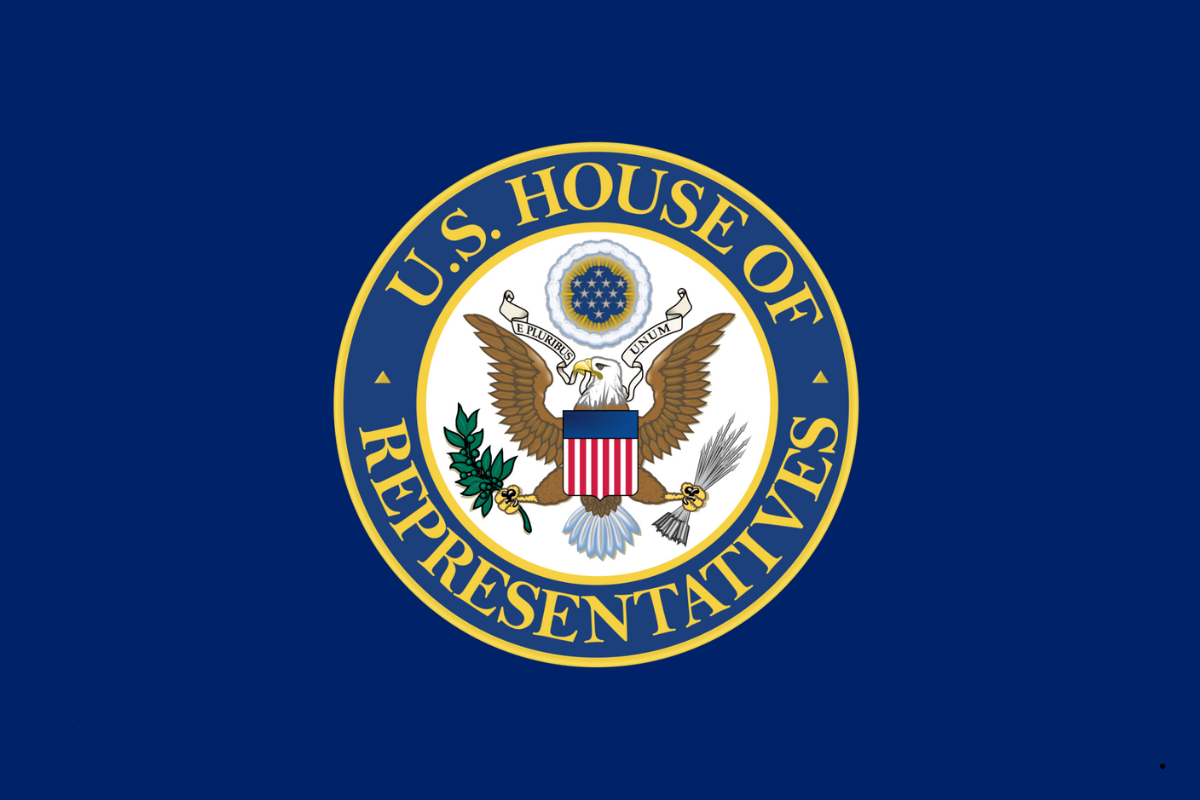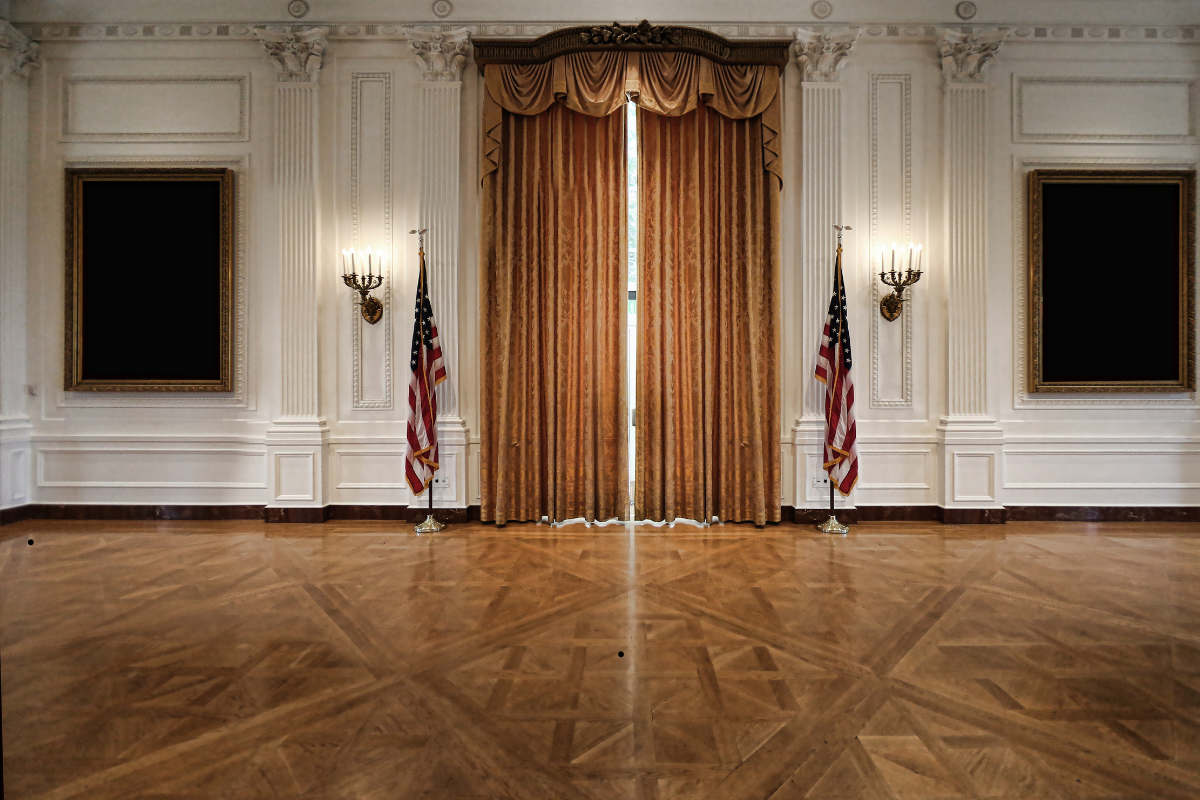Federalist 52
After having laid down the basic principles by which government may be kept from becoming tyrannical — separation of powers and a dependency on the people — Madison turned his attention to Article One and the structure of Congress. One of the difficulties for modern readers is to recapture the issues and disagreements that informed the creation and ratification of the Constitution. We project our familiarity with the system on to the past, along with a set of prejudices that distort our understanding of the document. Reviewing those arguments helps us realize that there is nothing self-evident or self-justifying about our system of government. The framers weren’t silly enough to refer constantly to “our democracy” and the supposed threats to it, but they did disagree as to what sound republican theory required.
Madison announced in Federalist 52 that the time had come to review specific provisions concerning the structure of government itself, beginning with Article I section 2. Madison here discussed the qualifications for serving in the House of Representatives, including age, mode of selection, as well as qualifications for being an elector, and length of term in office. These two clauses, seemingly so simple, were the subject of some of the most intense debates, both at the Constitutional Convention and at state ratifying conventions.
Madison carefully drew the reader’s attention to the fact that a science of representation was still in its infancy. The republics of old could be of little service in helping us understand the best way to do representative government. Still, Madison insisted, in this as in all things political, we should “consult experience, the guide that ought always to be followed whenever it can be found.” And the place to find it was England as well as in the colonies. Madison’s conclusion? No decisive template could be found. Different polities had different ways of deciding such matters.
Article I section 2
In the first two clauses of Art I sec 2, the Constitution lays down the rules for three main concerns: Who is to hold office? How will they get selected? How long will they hold it for? None of these questions have obvious answers. For example: at the Massachusetts ratifying convention, Fisher Ames noted the difficulty in deciding on length of terms. One day would clearly be too small and a decade too much. Careful deliberation and experience could alone lead the way: you wanted to make sure the representatives actually represented and didn’t lose touch with their places and constituents while insuring the requisite levels of stability and experience to make government work well.
But Madison didn’t start 52 with that question. He started by asking what sorts of qualifications were needed by those holding office, as well as the qualifications for those electing those persons (who gets to vote?). On these questions the experiences of citizens in the states proved dispositive. Not wanting to make a uniform rule that would force citizens in some states to give up deeply ingrained habits, the convention went the minimal route. The age qualification received some, although not a lot, of debate, while the subsequent qualifications — “and been seven Years a Citizen of the United States, and who shall not, when elected, be an Inhabitant of that State in which he shall be chosen” — did.
The framers were concerned both about foreign influence on the fledgling republic as well as the connection between the representative and the place represented. The contemporary reader will note the absence of congressional districts. In a letter to Jefferson, Madison opined that the Virginia system of dividing into districts made the most sense, while Pennsylvania had all representatives chosen by every citizen in the state. “And in others again a middle course be taken. It is perhaps to be desired that various modes should be tried, as by that means only the best mode can be ascertained.” The Constitution did not require the creation of Congressional districts, and not all states had them. Some critics worried about the creation of them (see below).
Delegates to the convention had debated whether the word “resident” or “inhabitant” was preferable, settling on “inhabitant” both because it was less confusing and because, as Madison had argued, it would not exclude ”persons absent occasionally for a considerable time on public or private business.” Madison made it fairly clear in Federalist 52 that these qualifications are not a floor but a ceiling: in order to assure some uniformity states could not add new qualifications (an issue the Supreme Court settled in Term Limits v Thornton (1995) which dealt with whether states could impose term limits on members of Congress).
Qualifications for Voting
Who should select representatives: the people or the state legislatures? Opinion was mixed. Two of the most important voices at the convention — Connecticut’s Roger Sherman and Massachusetts’s Eldridge Gerry — had argued against letting the people vote, Sherman observing that the people are too busy to keep track of what government was up to and could therefore be easily misled by demagogues, while Gerry went even further: “The evils we experience flow from the excess of democracy. The people do not want [lack] virtue; but are the dupes of pretended patriots. In Massts. it has been fully confirmed by experience that they are daily misled into the most baneful measures and opinions by the false reports circulated by designing men, and which no one on the spot can refute.” Some things never change.
George Mason worried that if the people elected the federal representatives that would mean in turn that the federal government could exercise its powers directly upon individual citizens, an issue I discussed in previous essays since Hamilton had argued such imposition to be the linchpin of the system. In the end, three states voted for election by state legislatures (a system maintained in the Senate) while eight voted against it. Hamilton had voted against it, arguing that allowing state influence over the national government would “vitiate” the plan.
The more interesting question concerned what qualifications could be established for voting. I can’t tell you how many times I’ve had students or other people complain that our Constitution only allowed white, male property owners to vote, thus displaying both their ignorance as well as that of the people who taught them. The first clause of section 2 makes it clear: voters would have the same qualifications as the state determined appropriate for voting for the popular branch of the state legislature. There was no uniformity among the states on this matter, and while Georgia did specify only “white males,” other states such as New Jersey had broader qualifications. The most interesting debate occurred over the importance of property ownership.
Property Ownership
Because it remains a point of ignorance it seems worth reviewing some of the debates over property ownership as a qualification and remembering that, at the convention, that were plenty of people who took both sides of that issue. Many felt that property ownership requirements would benefit wealthy people, a fate to be avoided. The issue concerned the degree to which one’s vote was influenced by outside factors. Blackstone, in his authoritative Commentaries, carefully articulated the case for property ownership as a qualification:
As to the qualifications of the electors. The true reason of requiring any qualification, with regard to property, in voters, is to exclude such persons as are in so mean a situation that they are esteemed to have no will of their own. If these persons had votes, they would be tempted to dispose of them under some undue influence or other. This would give a great, an artful, or a wealthy man, a larger share in elections than is consistent with general liberty. If it were probable that every man would give his vote freely, and without influence of any kind, then, upon the true theory and genuine principles of liberty, every member of the community, however poor, should have a vote in electing those delegates, to whose charge is committed the disposal of his property, his liberty, and his life. But, since that can hardly be expected in persons of indigent fortunes, or such as are under the immediate dominion of others, all popular states have been obliged to establish certain qualifications; whereby some, who are suspected to have no will of their own, are excluded from voting, in order to set other individuals, whose wills may be supposed independent, more thoroughly upon a level with each other.
George Mason pointed out that “eight or nine states” had already expanded the franchise beyond property ownership. To make property owning a qualification in the Constitution would have effectively disenfranchised the people in those states. Gouverneur Morris, meanwhile, worried that unpropertied people would sell their votes to rich people (keep in mind this was before secret ballots), and the working class, being dependent on the owners, would exercise no will of their own but that of their employer. Only property ownership, Morris said, could confer the kind of independence by which a person could “exercise a will of his own.” Still others, such as Madison, had argued that merchants and workers, typically not being property owners, should have as much say in the operations of government as property owners. Madison turned the screw, noting that it was the property owners, deeply in debt, who had messed up the politics in the Virginia legislature.
John Dickinson had argued vociferously for property qualifications, insisting that the best defense for liberty “lay in the hands of the freeholders.” This was so not only because of the level of independence they enjoyed, but because owning and tending to property both cultivated virtue and, given its inherent limits, provided against the corruptions of wealth. From Madison’s notes: “Whilst this Source [freeholding] should remain pure, the public interest would be safe. If it ever should be corrupt, no little expedients would repel the danger. He doubted the policy of interweaving into a Republican constitution a veneration for wealth. He had always understood that a veneration for poverty & virtue, were the objects of republican encouragement. It seemed improper that any man of merit should be subjected to disabilities in a Republic where merit was understood to form the great title to public trust, honors & rewards.”
Length of Terms
The most intense debate came over length of terms. Different states had different rules for terms of office. Delaware, for example, as early as 1701 had an annual election for representatives, a not uncommon feature and one insisted on by Anti-federalist writers such as Cato and Brutus and John De Witt. Madison noted in 52 that in the 13 colonies the terms had ranged from one to seven years. The general sense at the convention, at one point confirmed by vote, was that three-year terms were preferable. This would have insured defeat at the ratifying conventions, thus leading to the “compromise” of two-year terms for members of the House.
Why the intensity of debate? The Anti-federalists insisted that representative government required not only knowledge of constituents but a sharing of their fate. This meant that representatives had to live alongside the people they represented (hard to screw them over when they’re going to be your neighbor again soon enough) and had to return to them frequently. Madison worried that the travel would be too onerous, the burdens and time unequally distributed, making one year terms impracticable; but the Anti-federalists repeatedly expressed concern that without annual elections those representatives would lose touch, would become captive to interests other than those of the people they were to represent. No one expressed this more forcibly than John De Witt:
But, my fellow-citizens, the important question here arises, who are this House of Representatives? "A representative Assembly, says the celebrated Mr. Adams, is the sense of the people, and the perfection of the portrait, consists in the likeness."--Can this Assembly be said to contain the sense of the people?--Do they resemble the people in any one single feature?--Do you represent your wants, your grievances, your wishes, in person? If that is impracticable, have you a right to send one of your townsmen for that purpose?--Have you a right to send one from your county? Have you a right to send more than one for every thirty thousand of you? Can he be presumed knowing to your different, peculiar situations--your abilities to pay publick taxes, when they ought to be abated, and when encreased? Or is there any possibility of giving him information? All these questions must be answered in the negative.
Distance would make representation impossible. We would end up voting not for people we knew, but for people by reputation, and we would become dependent in turn on those who mediated those reputations to us. DeWitt foresaw that the electoral system would devolve into districting and that this process of districting would become a menace in the representative system, giving state legislatures remarkable power over electoral outcomes. Where, he wondered, are the people in this system? The Articles of Confederation, he claimed, were superior on this score.
In the one case the elections would be annual, the persons elected would reside in the center of you, their interests would be yours, they would be subject to your immediate controul, and nobody to consult in their deliberations--But in the other, they are chosen for double the time, during which, however well disposed, they become strangers to the very people choosing them, they reside at a distance from you, you have no controul over them, you cannot observe their conduct, and they have to consult and finally be guided by twelve other States, whose interests are, in all material points, directly opposed to yours.
The nationalist James Wilson made the opposite point, that demagogues arose in small towns and not in the large districts that insured better representation. The more people who had to vote for someone, he argued, the more likely the cream would rise to the surface. “Nothing but real weight of character can give a man real influence over a large district.” That hope has carried us through many a presidential election.
Madison claimed, in Federalist 52, that the convention had properly squared this circle. Drawing on experience and logic, as well as the defined powers of Article I, Madison believed they had found the right balance. The greater the power, the shorter its duration; the lesser the power, the more safely could its duration be extended. Biennial elections could be justified, he believed, because the powers of the government were always going to be relatively inconsequential. Should the national government become too powerful the balance would be off, but the remedy largely unavailable.
Director of the Ford Leadership Forum, Gerald R. Ford Presidential Foundation
Related Essays




